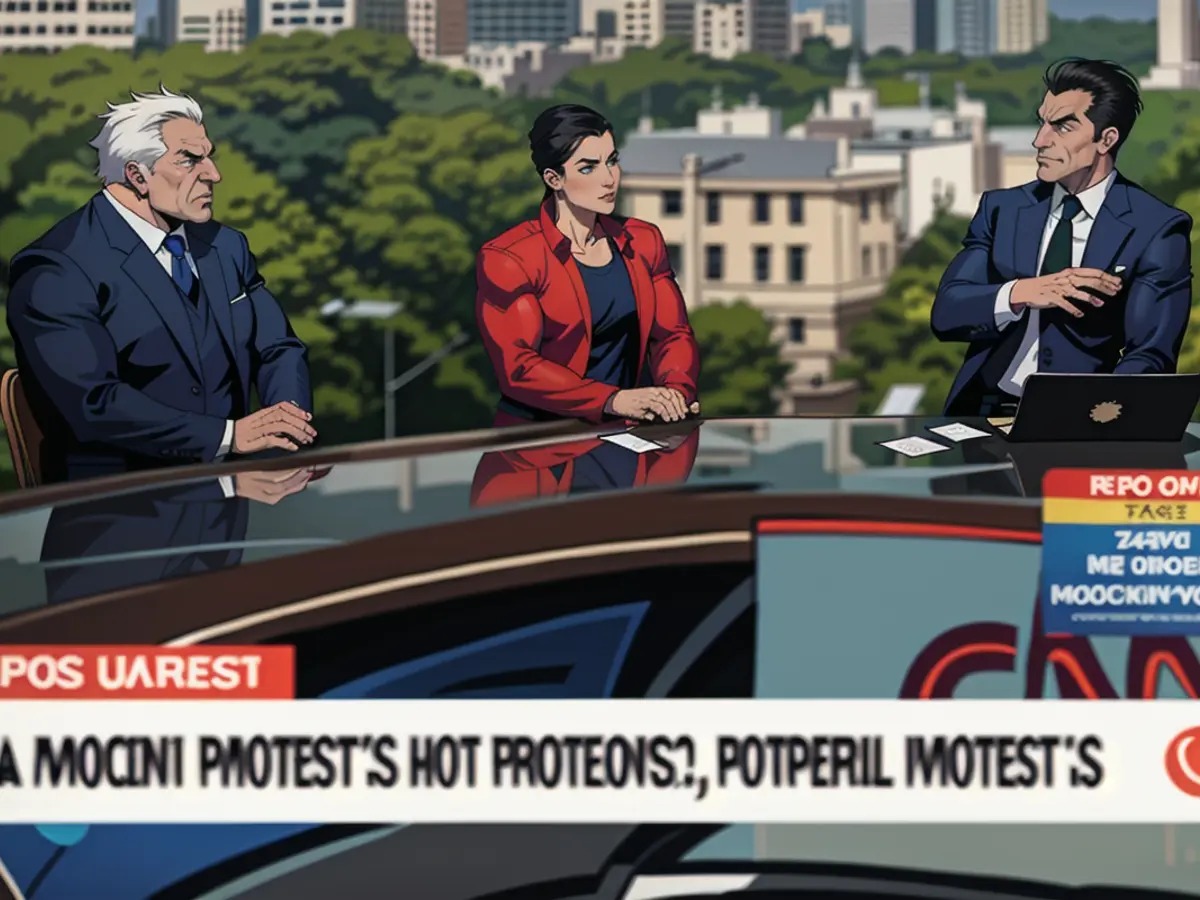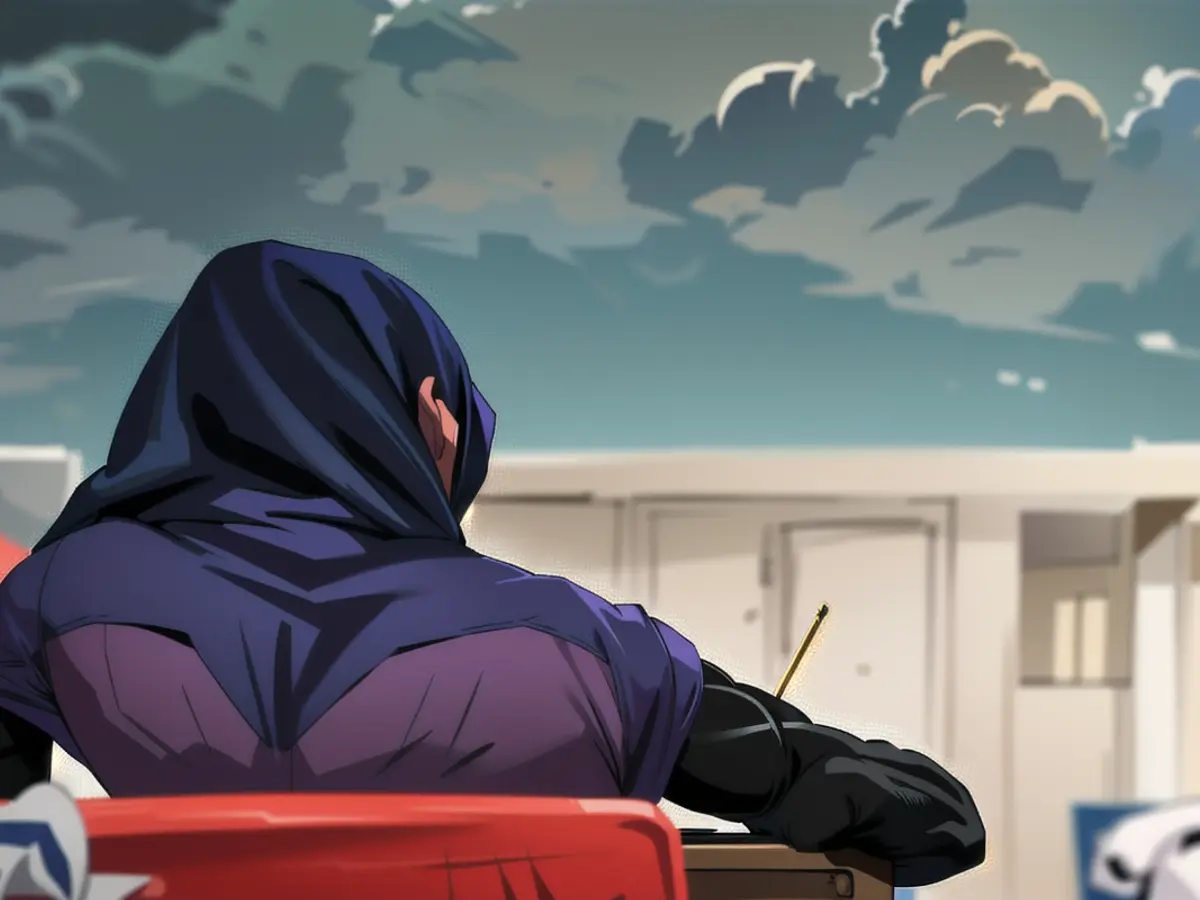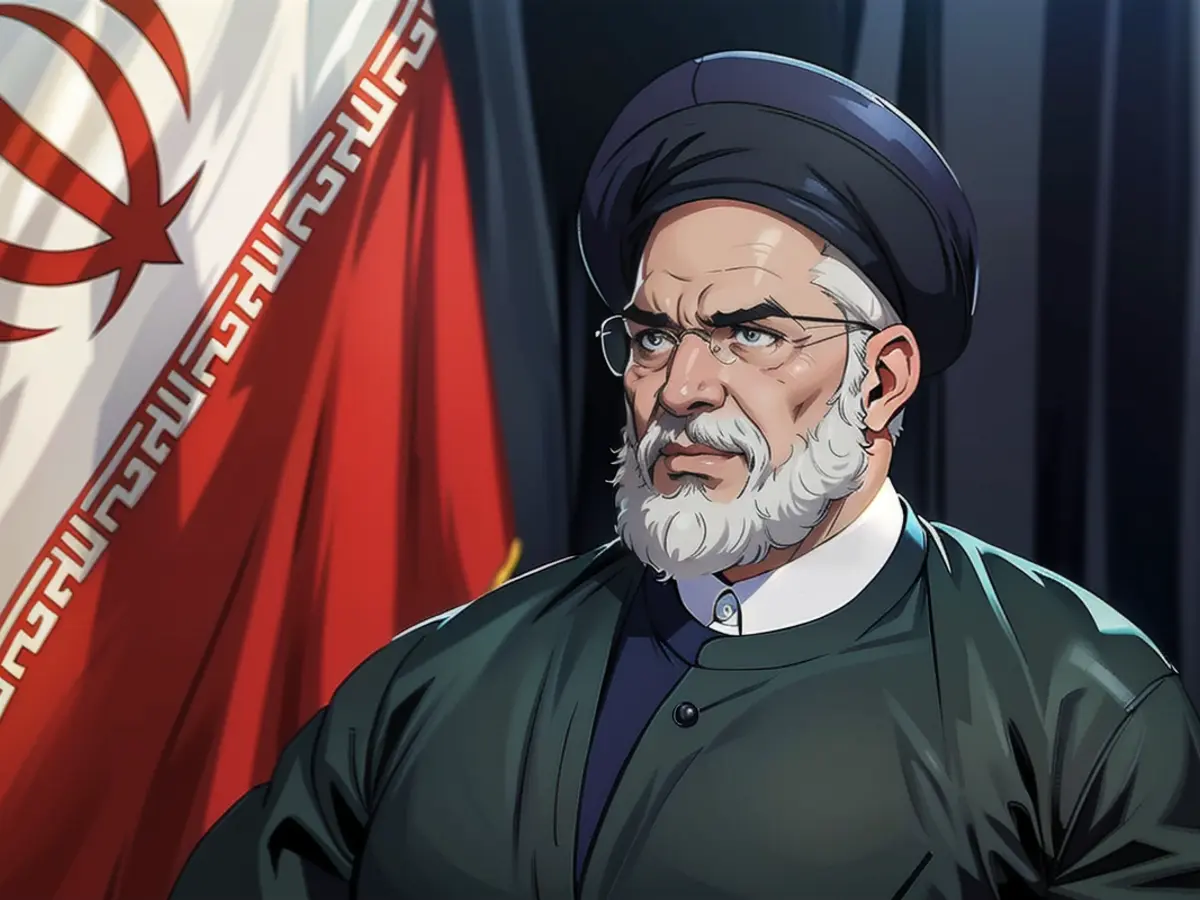Biden faces the challenge of managing summer protests.
Following several days of college campus demonstrations, triggered by indignation over the civilian casualties during Israel's war in Gaza, the president's reluctance to become involved in the political situation had become untenable. As a result, he made his first public remarks about the situation on Thursday.
Although these protests aren't as widespread as the civil rights and anti-Vietnam War demonstrations of the 1960s and 1970s, they may subside once finals are completed and students return home. The president took on the role of his predecessors during times of significant tension, attempting to remind the nation of its fundamental ideals and encouraging citizens to uphold them to ensure the preservation of free speech and the rule of law. He emphasized that people have the right to voice their opinions, but that violence, destruction, and hate are unacceptable and must be conducted within the law.
"I understand that people have strong feelings and deeply held convictions," Biden said. "In America, we acknowledge and protect the right to express these convictions. However, actions should not exceed the bounds of non-violence, non-destruction, and non-hate, and must remain within the law."
Biden's Political Isolation
Biden's remarks were an attempt to avoid further alienating the young, progressive voters who are furious with his handling of the Gaza conflict and could potentially derail his re-election efforts if they choose not to participate in November. He also sought to prevent more moderate voters from being swayed by Trump's assertions that the country is in chaos and spiraling out of control. Taking a stance in such inflammatory circumstances carries a significant political risk, particularly when his opponent uses Biden's perceived observance rather than control of these events as a opportunity to accuse him of weakness and incapability.
James Traub, a columnist for Foreign Policy and author of a book on Hubert Humphrey, compared Biden's predicament to that of the former vice president, who was the Democratic nominee in 1968 amid the domestic dissatisfaction caused by the Vietnam War. Traub believed that Biden struck the right note, navigating a narrow path between criticizing the protesters and validating them. However, he warned that Biden could alienate the youthful and idealistic supporters if he opposes the protesters, or, conversely, alienate more moderate voters if he endorses their actions.
Biden's difficulties with connecting with activist movements may be exacerbated by his own past reluctance to embrace protest politics. He told reporters in 1987 that "by the time the anti-war movement was at its peak, I was married, I was in law school, I wore sports coats." While Biden is the oldest president in US history, his early age does not accurately represent his current status. As a senator, he was one of the youngest in office. However, he was not a natural protestor. He's more aligned with labor movements than activist movements, as he has traditionally sought change through institutional politics and legislation.
This traditional approach was evident in his remarks decades later on Thursday.
Biden Appeals to a Moderate, Middle American Audience
Biden was also appealing to a segment of America not reflected in the images of unrest on campus or among the right-wing Republicans demanding a militaristic response. He was speaking to the values of moderate, middle America, which craves stability, and the same group that aided his win of the Democratic nomination in 2020 with the promise of restoring pre-pandemic stability. In a way, Biden was betting on his knowledge of America being superior to that of his opponents, including Trump, the activists who seized university buildings following the unraveling of pro-Palestinian protests, and the extremist fringes on both sides of the spectrum emboldened by the Gaza war.
However, in invoking a more complacent time prior to Trump's incessant clamor, social media rage, and growing extremism on the left, Biden seems to be trying to guide a country that no longer exists.
The Gaza protests have underscored a significant weakness in Biden's re-election campaign. He's up against a rival who has been impeached twice and is struggling to compile a path to 270 electoral votes. Additionally, Biden was already facing challenges in attracting younger voters, who generally lean towards the Democratic Party. The Gaza conflict has prompted a shift in America's political landscape, with a younger generation expressing solidarity with the Palestinians, diverging from their more pro-Israel elders. This has proven particularly challenging for Biden, a longtime supporter of Israel dating back to the 1970s Prime Minister, Golda Meir. Asked about reconsidering his policies towards the region in light of Prime Minister Benjamin Netanyahu's frequent rebuffs of his calls for moderation in the Gaza offensive, Biden simply stated, "No."
Biden's stance depicts his assessment of America's national interests. However, it's a precarious one domestically as numerous Democratic base voters are passionately advocating against Israel's conservative government.
Sen. Bernie Sanders, whom Biden outshone in the Democratic presidential race four years back, cautioned on Thursday that the president might encounter a similar predicament as President Lyndon B. Johnson did in 1968. LBJ observed his Democratic support base split over the Vietnam War and widespread protests. He was pushed to abandon his re-election bid and halt his primary campaign.
"In terms of the campaign, you know, I'm recalling, and others are making this reference that this could be Biden's Vietnam. Lyndon Johnson, in several ways, was a terrific president.... He made the decision not to run in '68 because of the opposition to his views on Vietnam," the Vermont independent relayed to CNN's Christiane Amanpour.
"I'm very concerned that President Biden is positioning himself in a way where he has alienated not just the young folks but a significant portion of the Democratic base regarding his outlook on Israel and this conflict," Sanders furthered.
Interestingly, 81% of individuals below 35 years old expressed disapproval of Biden's management of the war between Israel and Hamas, according to a survey by CNN. If Biden's administration fails to persuade Netanyahu to halt a strategy for a growth in Gaza's Rafah that could generate severe civilian casualties, this dissatisfaction might escalate even further.
However, Sanders' comparison is not entirely accurate. Over 3 million Americans battled in Southeast Asia during the Vietnam War. Around 60,000 were killed, and a generation of young people was subjected to the draft in a conflict that left deep societal scars that didn't heal for decades.
Unlike the Vietnam War, there are no American troops present in Gaza, and there haven't been any substantial American casualties. This might be why the Israel-Hamas war doesn't appear prominently in recent polls that list the issues of prime concern to young Americans. It could also contribute to why Biden hadn't revelealed his thoughts on the campus protests prior to Thursday.
Even though Biden emphasized at the commencement of his White House statements, "this is not a moment for politics," he did shoot a jab at his candidate for the 2024 election, who's advocating for the dispatch of the National Guard to suppress protests. "We aren't an authoritarian nation where we stifle individuals or repress dissent," Biden proclaimed.
"The American public is acknowledged," he added.
But Biden's prospects for re-election might hinge on whether his divided political base is able to comprehend his perspective.

Read also:
- Year of climate records: extreme is the new normal
- Precautionary arrests show Islamist terror threat
- UN vote urges Israel to ceasefire
- SPD rules out budget resolution before the end of the year
Source: edition.cnn.com








